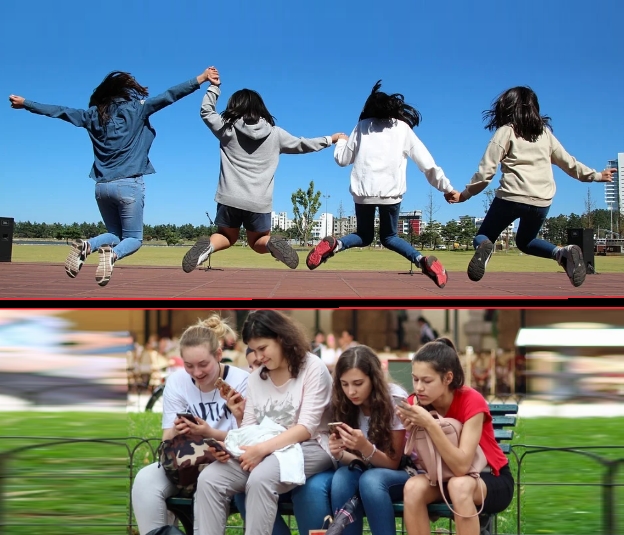I am holding a mobile device. It can be linked via cellular telecommunications to a network. This link allows my device to upload and download information -data- with a swipe and a tap.
Q1: Is data necessary?
As a citizen of the planet, I typically use my cellphone for texts and calls. As a student, I need my device to access my course content. As a social being, I use the camera and social apps a lot. As a product of the current lifestyle suggested in my surrounding (North American) culture, I am pushed to share and receive news instantly, irregardless of my location. All in all, I do not think data is necessary.
Q2: How do I handle data?
I have the luxury of wifi at home. I do take photos. I do connect online. I just don’t do it everywhere! I check my online messages and share stories and photos when I get home, and I receive phone calls or texts during the day. The lack of personal online access at work helps me focus professionally. My data is my connection to my personal life, and I keep it personal by leaving it at home.
Q3: Do students need data access?
Admittedly, being a student in an online course is has been difficult! Videos are online, and so are many course discussions. I could download websites to peruse during my downtime while out and about, but I had to shift my contributions and video-watching to time at home.
Here’s the thing: by being offline during the day, I could ponder questions, and think through my responses. I feel as though meditating on the subject while being offline helped me internalize the learning material. Any person handling both work life and student life will find their time compressed, and with a few scheduling adjustments I have been able to navigate my MET degree with a data-free connection.
Q4: Why don’t I do data?
I wish to use this mobile device for short-duration telephone calls or text communications, and as a student I also use it as a notepad and textbook. I need this data-free network gap in order to be able to Look Up, and to rely on my physical senses and skills. I use maps instead of GPS, and I check store hours and bus schedules before leaving the house. I ponder before I share.
My choice is meant to reduce the mobile device to a tool that I can pick up and put away. This course discusses how to use mobile devices in education, and I hope this post starts a conversation about how we use these electronic tools holistically as well.

Evelyn, I think you reinforce some good points, asking how we are purposeful with our technology use.
As we all know, it is a double edged sword with pro’s and cons’. I like your phrase, “pick it up and put it away”.
I think the points you make are important questions for designers of the future to ask: “what are the unforeseen consequences that may arise from designing X?’
If we go back to Professor Vogt’s provocation of transhuman tools, we can be mindful of the negative consequences or how we want to be purposeful with these new technologies and how they are shaping our behaviours, individually and as a society. For instance, how has social media acted to spread misinformation and how damaging has that been to our society?
Or, consider this. My son who is in grade 3 and in a Distributed Learning program this year, just completed all of grade 3 by the end of January. Now what? Do we go on to grade 4? Does this create a domino effect where he ends up graduating at 15? Then what? Or do we spend the rest of the year on great learning that is not in the curriculum?
Could a transhuman tool be; finding other kids who are looking for enrichment outside of the traditional curriculum? Maybe not quite. What if the tool was similar to allowing you to plug into a hive mind of advanced learners in a certain specialty? And how does this avoid creating inequality again? What other aspects of empathy of others does this miss?